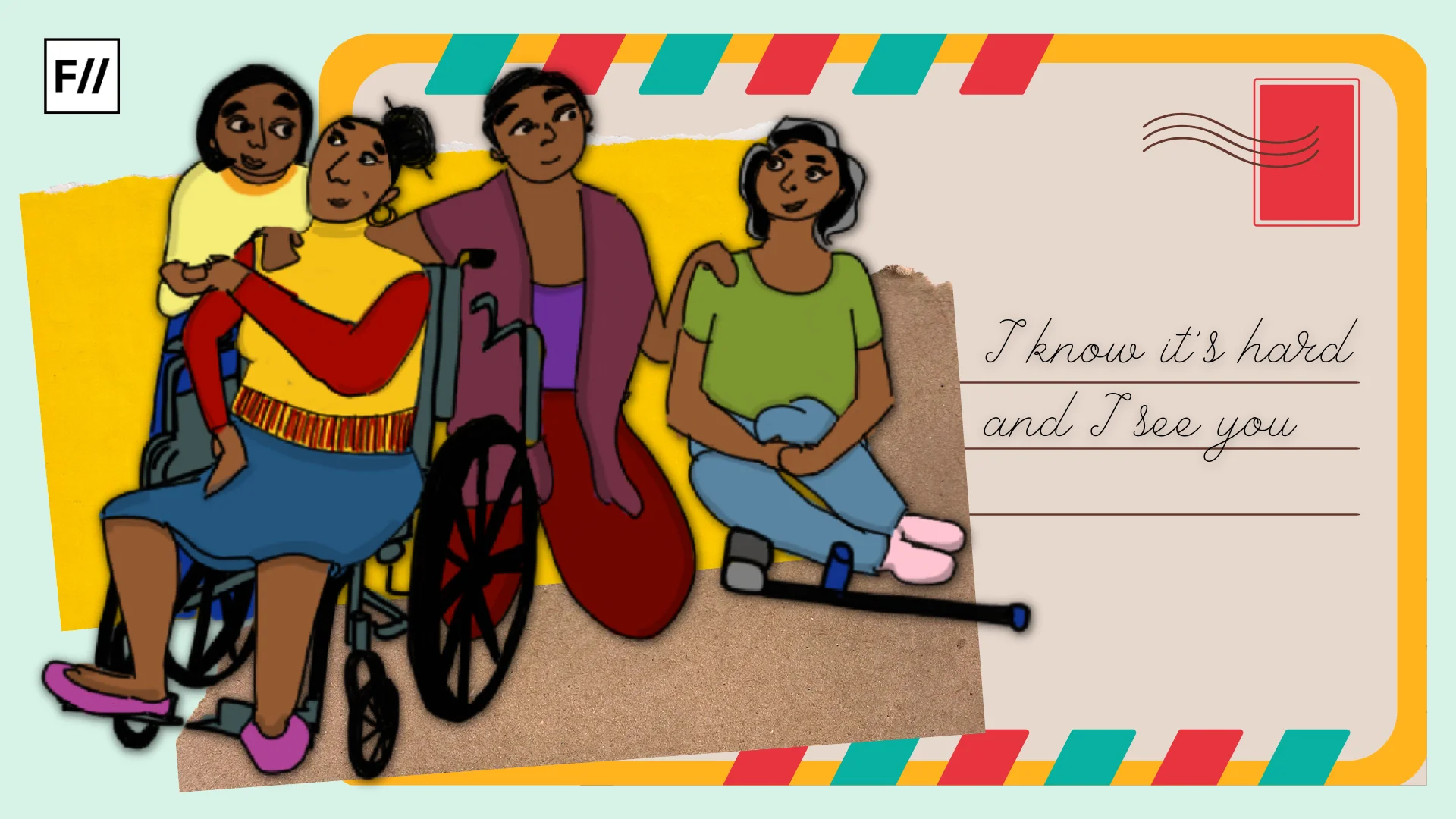A few days back, Culture Machine initiated a menstrual leave policy called First Day of Period Leave (#FOPLeave), where women will be allowed to take a paid leave on the first day of their period every month. This was undertaken keeping in mind the pain of menstrual cramps that women are likely to experience on that day.
Devleena Majumdar, the HR head of the company told Yourstory, that the purpose is to boost productivity while menstruating by giving their female employees extra comfort and a relaxed state of mind. “If our women take a small break and come back refreshed, I am sure it will increase the productivity in the long run.”
The step received wide acclaim, and the company was appreciated for its sensitivity towards issues faced by women and making their workplace period-friendly. A petition was started as well, to spread awareness for the need of menstrual leaves and encourage more companies to adopt this policy for their female employees.
After watching the video introducing #FOPLeave, people gave a number of responses. An FII reader highlighted the intrinsic nature of capitalist forces, which measures ability majorly according to the male criterion:
“The FOP Leave is a welcome move in a patriarchal capitalist industry that judges productivity and work performance on masculine standards. Why is requiring a day off when you’re on your period seen as weak? Our basis for productivity is based on the capacities of the male body, and this is a welcome measure to make space for the female body in the workplace.”
Also Read: Women’s Workforce Participation: What Does The Data Say?
Twitter is loaded with tweets calling it an excellent initiative to remove the stigma around menstruation, and help people realize the difference between the biological needs of males and females. Women also talked about how they sometimes have to go through vomiting and back pain which makes it very difficult for them to focus on work, therefore this move is a good effort towards improving the qualitative aspect of their work and well-being.
However, many women expressed their opinions against menstrual leaves in the form of very constructive critiques. They took up issues like justification of wage gap, misuse of the policy, and the need for it to be extremely well-planned and regulated.
A Political Science student told us, “If companies are made to give a day off, it might lead to them refraining from employing women.” Another Delhi student said,“I feel like special holidays only for the first day of your period creates a negative reflection on periods – as if the woman can’t work, or is weak when she menstruates, which is not necessarily true.”
In the present system of patriarchy, major aspects of femininity are portrayed physically inferior to masculinity, because the yardstick set for measuring efficiency mainly caters to the physiological composition of a man. Due to this, women have work to fit in such a criterion which essentially ignores their body’s distinct way of working its abilities. This distinctive manner is perceived as weakness, which sanctions ridicule of femininity. Therefore, women get trapped in this game whose foundation in itself is one-sided, and have to ultimately abandon their body’s mode of working so as to not be perceived as ‘weak’.
Another matter of fact is that period pain doesn’t necessarily occur on the first day. It is possible to experience pain at any of the days, throughout the duration of the period. Keeping this in mind, a modified version of this policy where one can take a leave on any of the days they choose to, which will be whichever day the pain occurs, would make more sense.
One more interesting critique talked about taking into consideration women who don’t work in corporate companies. “Some home-makers are continuously engaged in household activities and don’t get a day-off. It implies that the concept of menstrual leaves is unfinished, and is yet to fill the voids of a house-wife, whose number exists in large.”
House work is not considered ‘real work’, despite it being an intrinsic part of the capitalist framework. Therefore home-makers do not receive any of the privileges of workers’ rights and labour laws, despite being engaged in hard labour throughout the day – no breaks, no weekends off, and certainly no #FOPLeave. The traditional role of a home-maker does not provide her with the liberty to live in accordance to her physical needs. They are taught to put everything else before their own self, and taking rest is simply deemed as unethical.
Also Read: House Work? What’s That? Caregiving and (Un)Paid Work
Women critical of the policy suggest that providing proper arrangement for menstruating women at the workplace is a better idea. “They should provide sanitary napkins, a place to relax and loosen up, heating pads for cramps etc. at the office itself, so that women are able to work without having to worry about periods.”
The various stances on the move are definitely going to transform the way we perceive menstruation in regard to employment. Policies are made for the benefit of people, and thus should possess a wholesome approach. After all, it all comes down to giving a choice.






Every 1 say Right to equality then y feminist need privilege ,
If maternity leave is necessary then y not u asked for paternity leave ,
Paternity leave also help women indirectly . & it encourage men to do households work .
Mensuration leave , good but y u stick with only one gender ( female )just tell me y company hire a female employee or u give ur maid ( 6 month maternity leave after every 3 year or u provide u maid 1 day period leave ) .
If things continue to be in same way surely condition of women in India become worse in upcoming days just like gender bias law( crime increase day by day ) & Despite higher education of women ,No of working women is decreasing
In my view increase sick leave for every1 so that we can give good message Right to equality (y only for female ) & that depend on them how to utilize that .
In last if u really care about women then raise ur voice for gender neutral law ( then surely society accept right to equality ).believe me it will help women indirectly